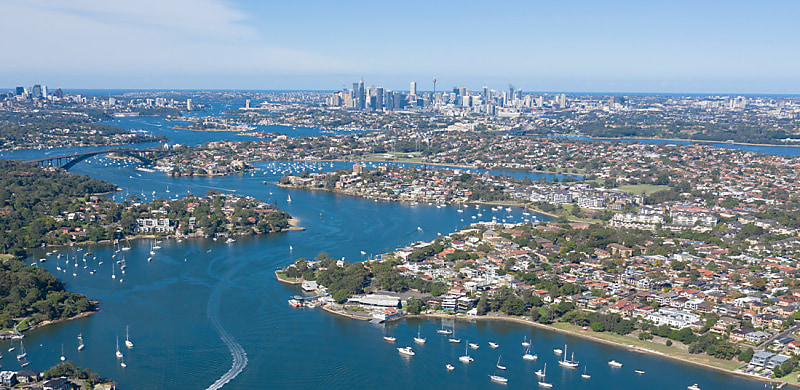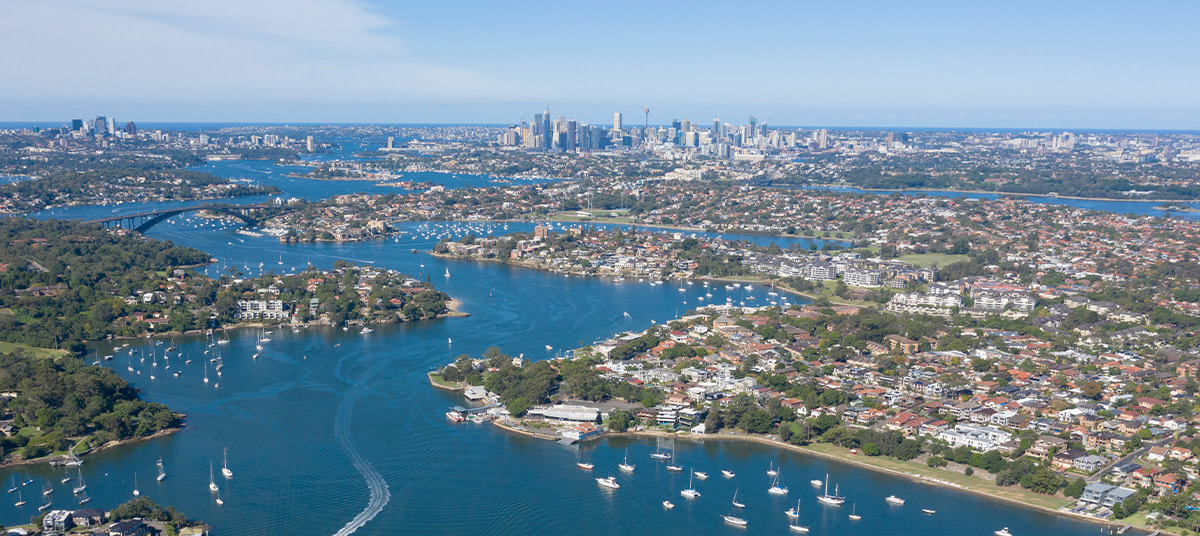
The NSW government has unveiled a range of budgetary measures to ease housing pressures, including broader land tax concessions for build-to-rent developments and ‘pre-sale’ finance guarantees.
NSW Treasurer Daniel Mookhey has announced a range of policies to support home owners and boost housing supply in the state’s 2025–26 budget.
In a speech to mark the budget’s launch on Tuesday (24 June), Mookhey said the Minns Labor government would “build our way out of the housing crisis”.
The new measures include a ‘world-leading pre-sale finance guarantee’, which will see the government become the guarantor on up to 50 per cent of approved housing projects so developers can begin construction.
This aims to overcome what is cited as the most common issue by stakeholders in securing finance (with the Minns government saying that an increasing number of lenders require 80 per cent of dwellings to be sold in order to secure funding, leading to projects being delayed by months or years).
Under the new initiative, the NSW government will guarantee residential presales for up to $1 billion of housing projects at a time through a revolving fund to help mid-tier developers secure the finance they need to start building sooner.
In what is being billed as an ‘Australian first’, the Minns government said it would provide between $5 million and $50 million in presale guarantees for each project.
Developers with planning approval and initial presales will be able to apply for the presale finance guarantee, subject to lender approval.
It is expected to be accepting applications by the end of 2025.
All projects and developers will then be assessed by the NSW government based on their “credibility, capability, and capacity”.
If approved, construction must begin within six months of signing the documents, the government said.
Once projects are complete and dwellings sold, the government will then issue further guarantees for up to $1 billion of projects at any one time for the five-year duration of the program.
However, if the dwellings remain unsold, the developer can “call” on the guarantee. At this point, the government will purchase them at a discounted rate and the homes can then be sold to buy or rent or kept as affordable or social housing.
The newly established Pre-Sale Finance Guarantee is described as a supply-side response to the housing crisis, designed to accelerate the start and early completion of residential development projects during the National Housing Accord period.
NSW Treasurer Mookhey said the new guarantee would bring forward the construction of up to 15,000 extra market homes over the next five years.
“This will spare industry from some of the time and cost of having to convince their lenders there are enough buyers for the homes they want to build. It will let them get on with building more homes for people to buy. And it will make sure more of the homes that are getting approved are then getting built,” he added.
Land tax concession expanded
The Minns government has also said it will extend the land tax concession.
Eligible new build-to-rent developments will now be able to access a land tax concession of a 50 per cent reduction in assessed land value indefinitely, rather than the 2039 end date set by the former government.
Build-to-rent developers will also be able to apply for exemptions from foreign purchaser duty and land tax surcharges (or a refund of surcharges paid).
Mookhey said the extension of the land tax discount for build-to-rent projects would help in “ending doubt about whether these projects can get funding from the market “and “[send] a strong signal that build-to-rent is here to stay.”
The budget also includes a $1.2 billion injection into TAFE training, aimed at boosting funding to deliver 4,800 construction trades workers to support home building. The Department of Education will also receive $13.8 million to deliver more construction trades workers.
The NSW government earmarked a further $145.1 million to support the Building Commission NSW to reform the residential building and construction industry and improve consumer outcomes.
Mookhey also said the budget had $83.4 million set aside to accelerate planning approvals, including for large-scale market, social, and affordable housing. This includes $10.6 million for extra resources for the newly established Housing Delivery Authority.
An additional $20.9 million will support regional councils to bring forward critical enabling infrastructure for new homes during the National Housing Accord period by funding interest on loans.
Finally, $20.0 million will be spent to help ease pressure on the crisis accommodation system.
Housing crisis ‘decades in the making’
In a speech to launch the NSW budget, Mookhey said: “A housing crisis that was decades in the making will not end overnight. So let us all resolve to keep building.”
Reflecting on new policies, he added: “More investment in essential worker housing. Record investment in social housing. The Pre-sale Finance Guarantee. Permanent Build-To-Rent land-tax concessions. A new works-in-kind works regime.
“All policies to build, build and build our way out of the housing crisis.”
He noted that projects will “add more low-to-medium density housing in neighbourhoods people love to live-in” and help “tackle the affordability crisis”.
Despite extensive investment plans to tackle the housing crisis, the NSW budget acknowledged that “nonetheless, housing affordability is expected to remain constrained from a historical perspective.”
‘Conversation can’t stop at housing supply’
David McQueen, CEO of Loan Market, said he felt the budget commitments should have gone further to support prospective first-time buyers.
He told The Adviser: “One thing is clear: it’s the Bank of Mum and Dad that’s already stepping up to support first home buyers.
“At Loan Market, we’ve seen guarantor-backed pre-approvals for first home buyers in NSW more than double in the past year. Around 11 per cent of these now involve a parent using their home as security, up from just 5 per cent a year ago.
“It’s a clear signal: more young Australians are leaning on their families, not because they want to but because they have to.”
McQueen added that stamp duty reforms were needed to support prospective home buyers.
“If the government is serious about helping first home buyers, the conversation can’t stop at housing supply. Stamp duty is one of the biggest upfront costs they face and it’s stopping many from even getting close,” McQueen noted.
[Related: Broking industry tells NSW Parliament why payroll tax should be reviewed]

